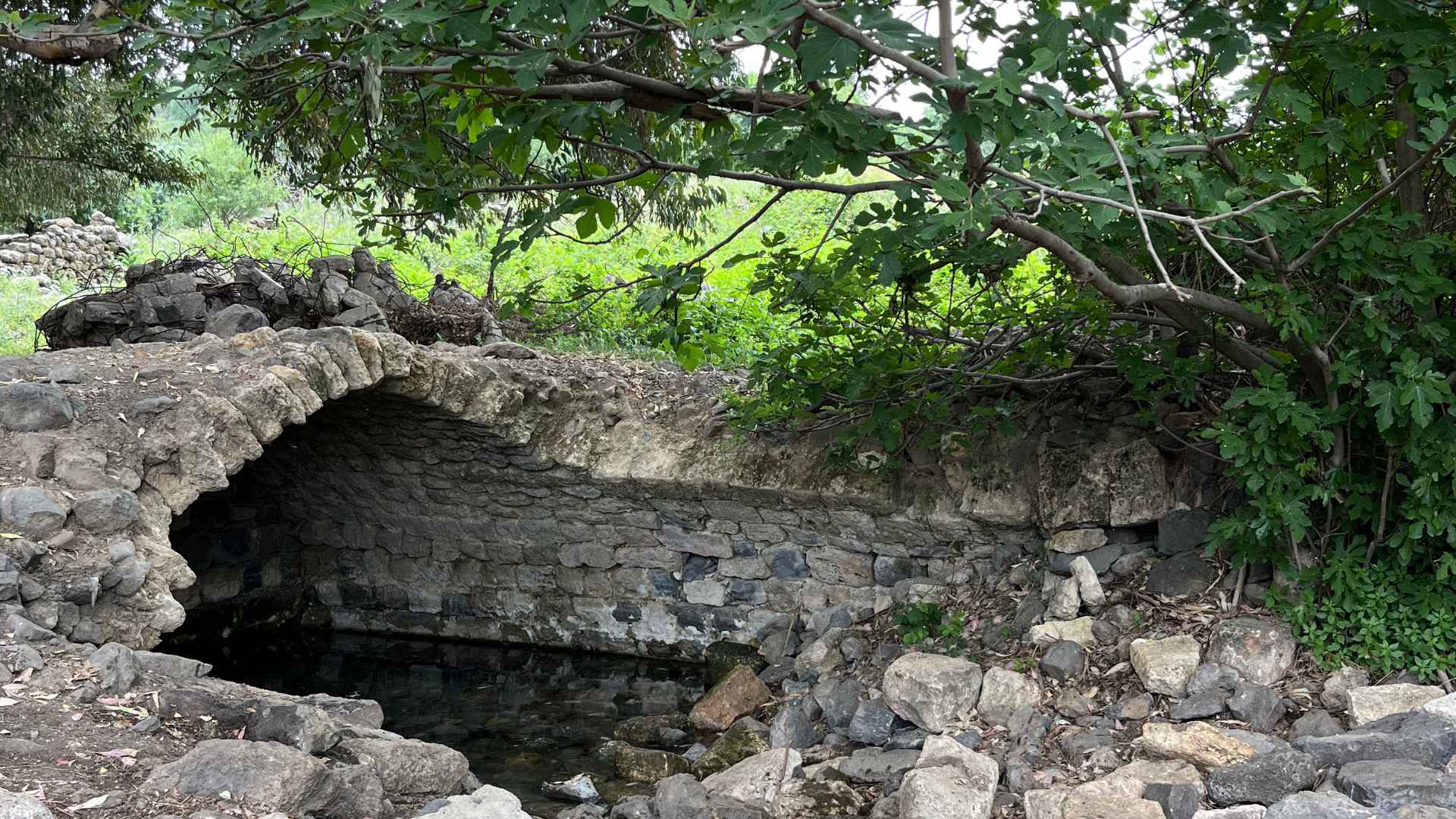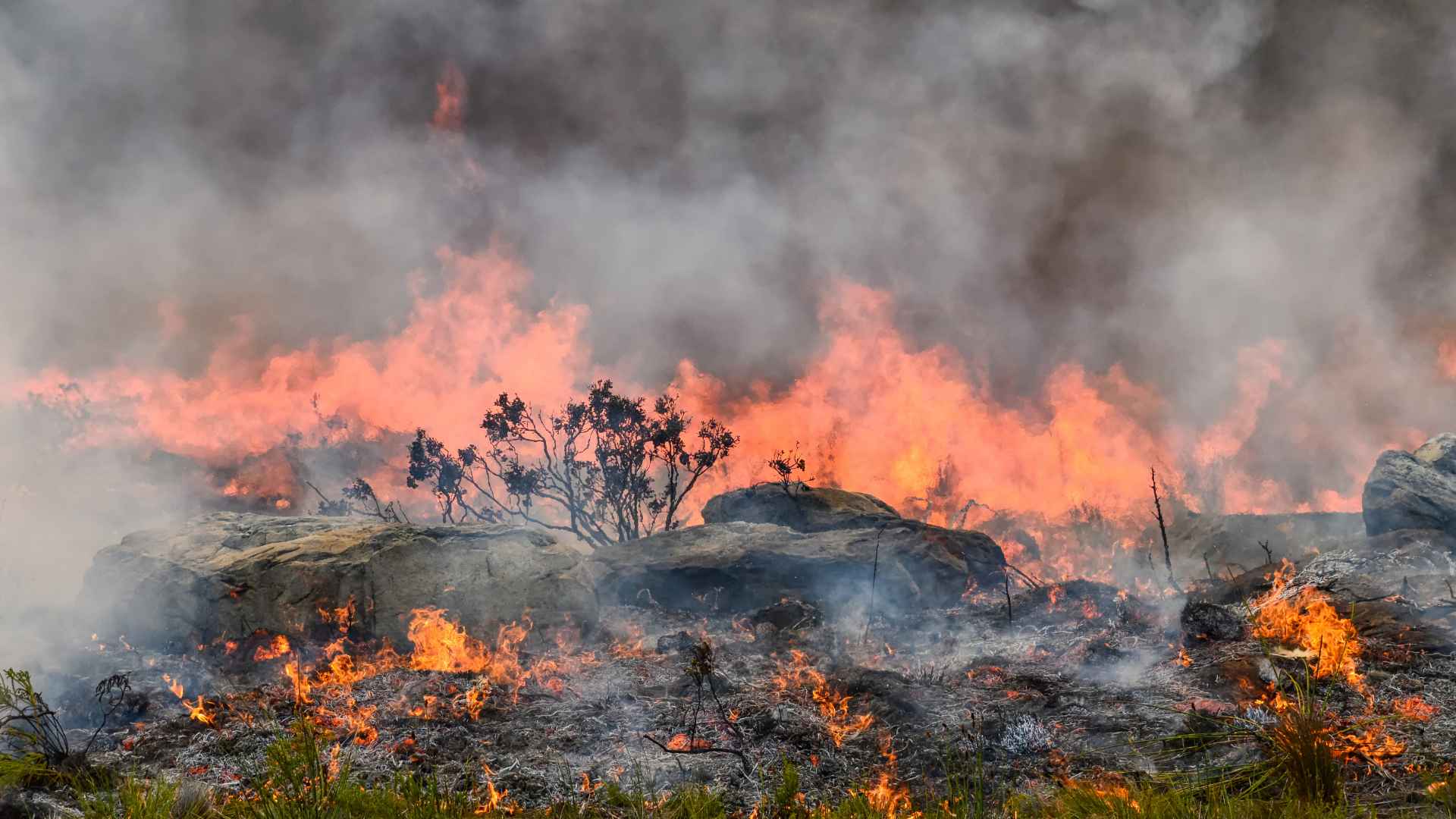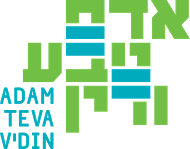Adam Teva V’Din, alongside other leading environmental organizations—the Society for the Protection of Nature, Zalul, Keshet, Shomrei HaBayit, and Hamegama Heyeruka – submitted a request to the District Court in Beer Sheba (September 11, 2024). The request was to join as Friends of the Court (amicus curiae) in the petition filed by the Union of Cities for the Environment, Ashkelon District against the Ministry of Defense. The petition challenges the Ministry’s decision to significantly increase the hazardous substances permit of the EAPC – Europe Asia Pipeline Company. This would allow it to transport and store far larger quantities of hazardous materials than currently permitted.
Our request is supported by two critical expert opinions
The first, from Dr. Aryeh Vanger, our Head of Air and Energy, exposes serious failures in the Ministry of Defense’s decision-making process. The second, provided by the DHV consulting company, quantifies the devastating economic consequences of a potential oil spill. Their analysis warns that even a moderate spill of 5,000 cubic meters could cause direct damage to the Mediterranean Sea and the Gulf of Eilat, with costs in Eilat alone ranging from $8-12 billion. This estimate does not include indirect damages, such as the long-term impact on Eilat’s economy and the natural environment, but focuses on the immediate costs of halted tourism and cleanup efforts.
Dr. Vanger’s professional assessment highlights the increased risks that come with storing larger amounts of oil and fuel products in KATZA’s – (“KATZA” is the Hebrew abbreviation for the EAPC) Ashkelon facilities:
“The expanded permit would not only raise the risk of spills in Ashkelon but also throughout KATZA’s transportation network, including Eilat. This interconnected system heightens the likelihood of leaks during loading or unloading at the Eilat port, from storage tanks in Eilat, and along hundreds of kilometers of transportation pipelines. The environmental risks extend beyond spills, as increased air pollution is also a significant concern”.

At Adam Teva V’Din, we stand firm in our commitment to safeguarding the environment and public health. This case is yet another reminder of the dangers posed by expanding hazardous material storage and transportation without proper safeguards, and we are dedicated to ensuring that these risks are fully considered before any further steps are taken.





